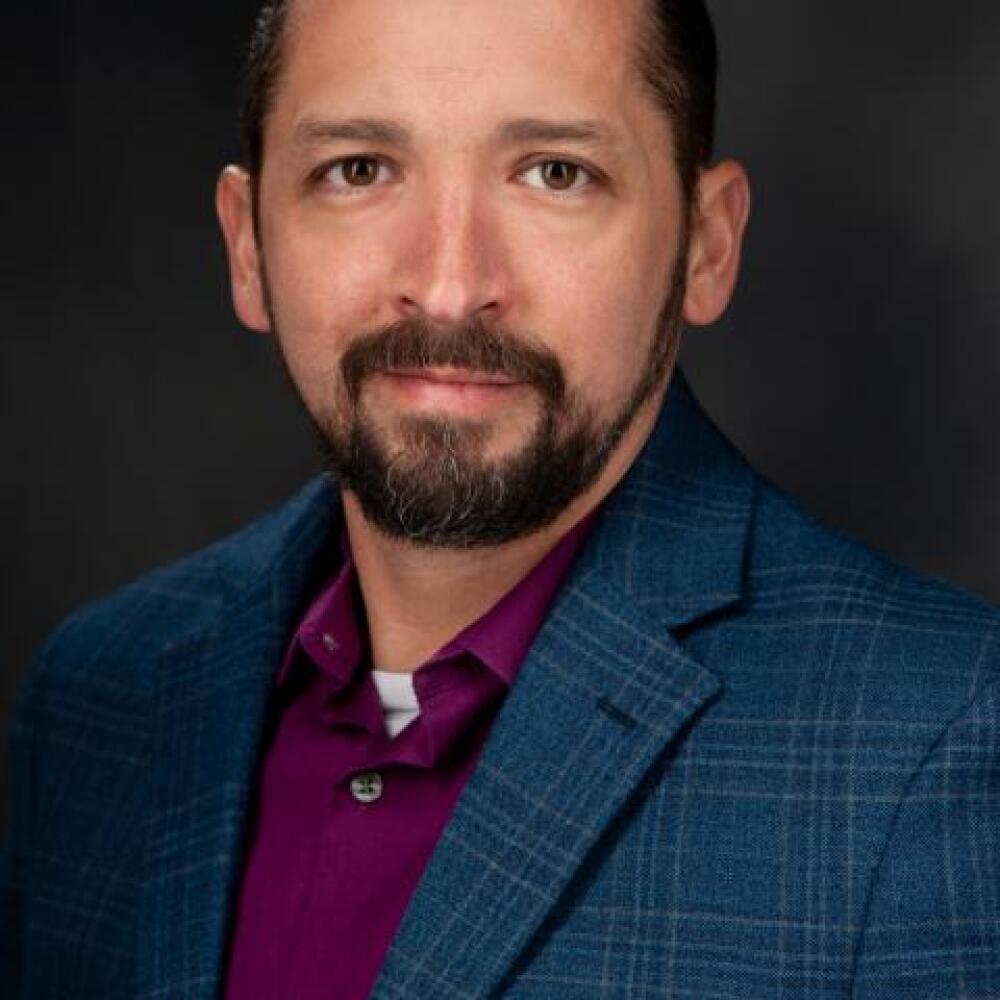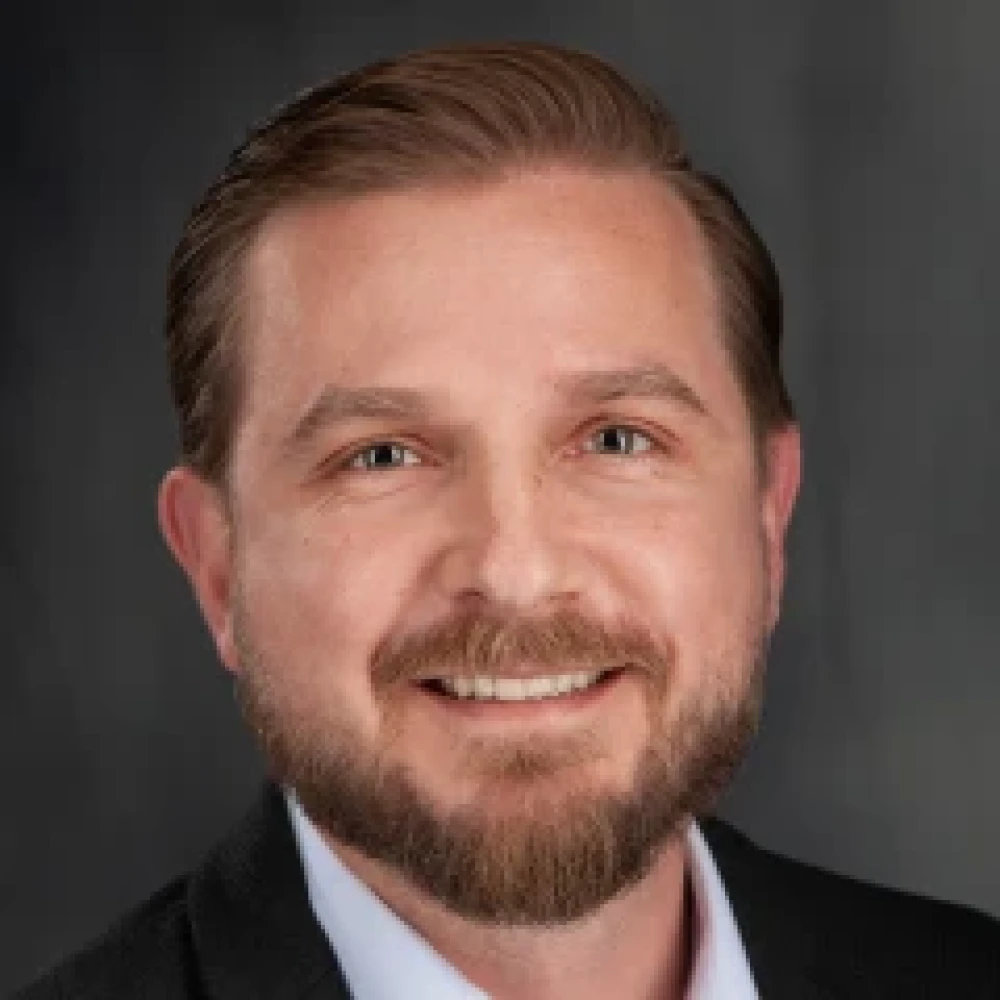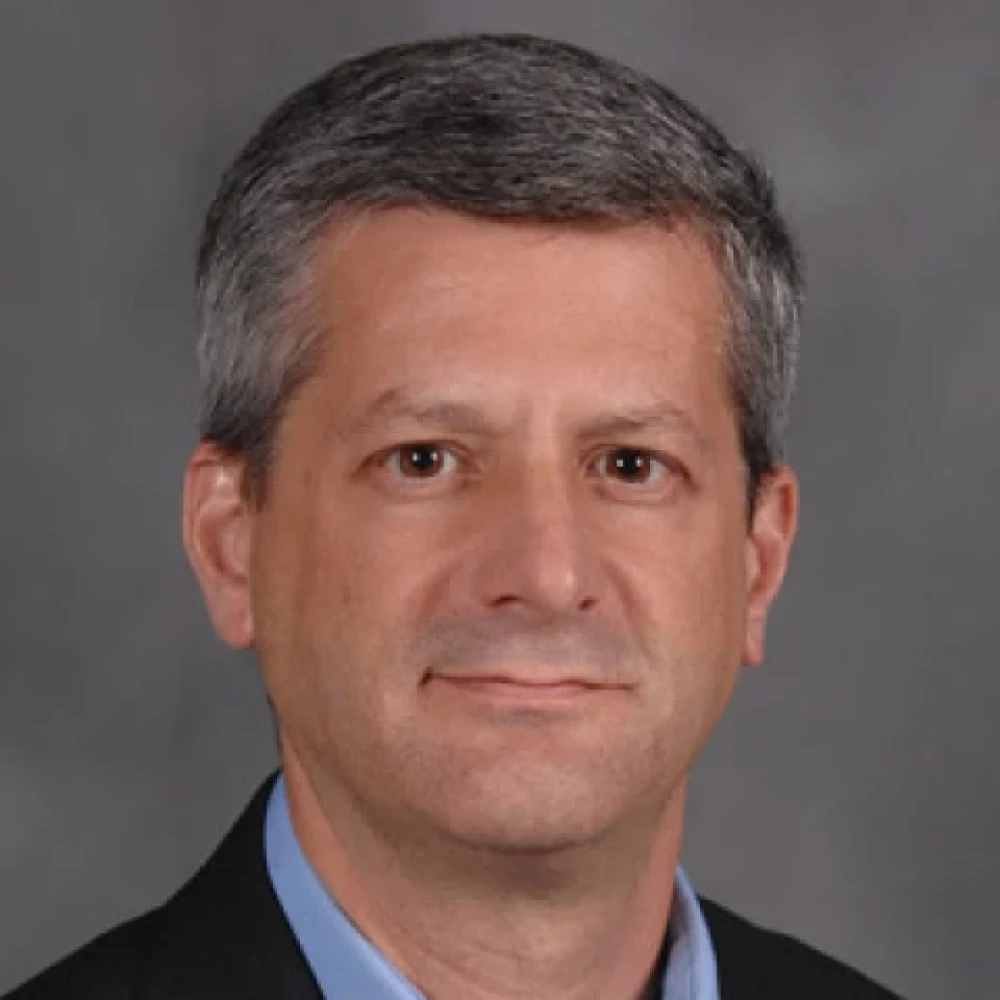Graduate Programs in Public Administration
Meet Our Public Administration Faculty
Meet Our Faculty
Kent State University’s faculty are devoted advocates for their students and for the fields of public and nonprofit service. They collectively bring an extensive history of academic research combined with significant in-field work experience, allowing our programs to balance academic rigor with a practitioner focus. Learn from faculty who have:
- Specialized in a wide variety of topics that influence public administration and policy – including e-government, immigration policy and privatization, and public policy reform
- Served as leaders within the American Society for Public Administration (ASPA)
- Held positions within the local and state government
- Published articles in a wide variety of public administration and public policy journals including Public Administration Review, State Politics and Policy Quarterly, Administration & Society, and International Public Management Journal

Mark Cassell, Ph.D.
Professor of Political Science - Department of Political Science
Master of Public Administration
Master of Public Administration

Daniel Chand, Ph. D.
Associate Professor - Department of Political Science
Master of Public Administration
Master of Public Administration

Michael Dzordzormenyoh, Ph. D.
Assistant Professor - Department of Political Science
Master of Public Administration
Master of Public Administration

Daniel Hawes, Ph.D
MPA Coordinator and Associate Professor - Department of Political Science
Master of Public Administration
Master of Public Administration

Brian Kelley
Instructor - Department of Political Science
Master of Public Administration
Master of Public Administration

Anthony D. Molina, Ph.D.
Associate Professor and Interim Department Chair
Department of Political Science | Master of Public Administration
Department of Political Science | Master of Public Administration
Build Your Career with a Degree Built Around You

A Simple Application Process
To submit a successful application, follow the steps in our application checklist.
Download Application Checklist
Download Application Checklist
Designed for busy working professionals and students seeking to expand their career options.
View Courses
View Courses



